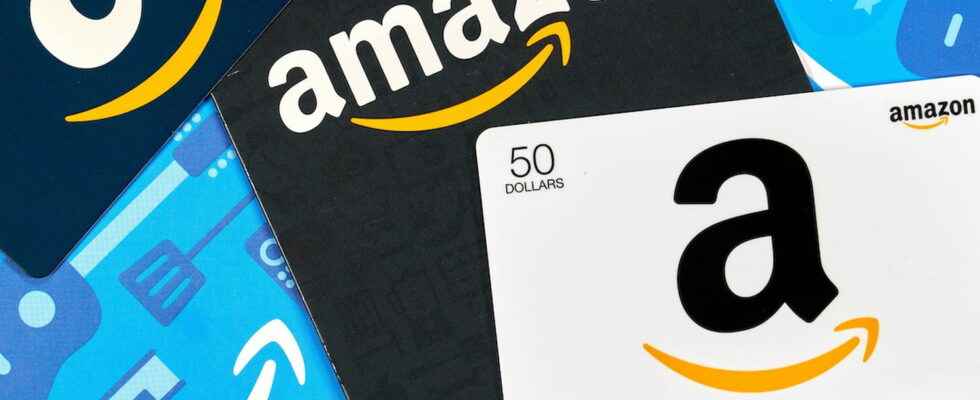To further target its advertising and encourage consumption, Amazon offers its customers to give it their personal data for $2 per month. A proposal that it is strongly advised to refuse…
Users’ personal data represents a veritable gold mine for digital giants, given that it allows them to optimize their products and services, but above all, to better target advertisements, these essential and immeasurable financial sources. So much so that they collect them as soon as they can, and sometimes without having explicitly informed their users. To be able to track them down more and more, they do not hesitate to bribe them, as evidenced by the Opinion Rewards and Screenwise Meter applications from Google, or even the VPN Onavo from Facebook which, for 20 dollars a month, was introduced into privacy. 13-25 year olds – practices that have been singled out. It’s Amazon’s turn – yet criticized for the way it manages the data of its customers and partners – to resort to this controversial method by launching a program that pays participants a few dollars to track the traffic of their smartphones. An approach that allows the company to know the Amazon advertisements consulted by users and which risks generating a huge outcry.
Amazon Shopper Panel: personal information for a handful of dollars
Amazon Shopper Panel is an invitation-based program that works through an app – available on Android and iOS, but only for US and UK customers at the moment – which “offers” participants monthly rewards in exchange for personal information about them. Thus, they can earn 10 dollars for their Amazon wallet – the goal is to encourage consumption – or a charitable donation by sharing ten receipts (movie tickets, restaurant bills, receipts …), receipts which can and have been used as evidence in court by the way. Users can also be paid $3 for each survey completed and $2 per month by enabling ad tracking – not only from Amazon, but also from third-party companies that use Amazon Ads. The announced goal is to optimize the advertisements of the e-commerce giant, because an advertisement that reports is an advertisement on which the customer clicks. They must therefore be as targeted as possible in order to correspond to their needs and desires.
To enable ad tracking, Amazon asks volunteers to grant it permission similar to that given to vpn to secure a connection. Except in this case it’s to set up a Domain Name System (DNS) connection – a system that translates explicit domain names (eg www.amazon.com) into machine-readable IP addresses (eg , 192.0.2.33) to identify and locate the device on the Internet – with its servers to collect information about the advertisements they have seen and interacted with. The company claims that these authorizations do not allow receiving or sharing personal information with third parties – but that is what they say.
In itself, the approach is intended to be “honest” in the sense that it ensures that the user is really consenting to the collection of his personal data. However, the reward is really meager compared to what they are truly worth to the company. In the end, given the sums collected, the program is of little interest to users, especially with the risks it involves (leaks, hacks, misuse by Amazon, etc.). Indeed, Amazon is not really the best in protection. As a reminder, the company gives the police the recordings from his Ring cameras without users’ consent – eleven registrations since the start of the year – and is currently the target ofan investigation by the Securities and Exchange Commission (SEC) – the US federal financial markets regulator – for using third-party vendor data for anti-competitive purposes. So the question is: is the security and privacy of our privacy worth a few dollars?
